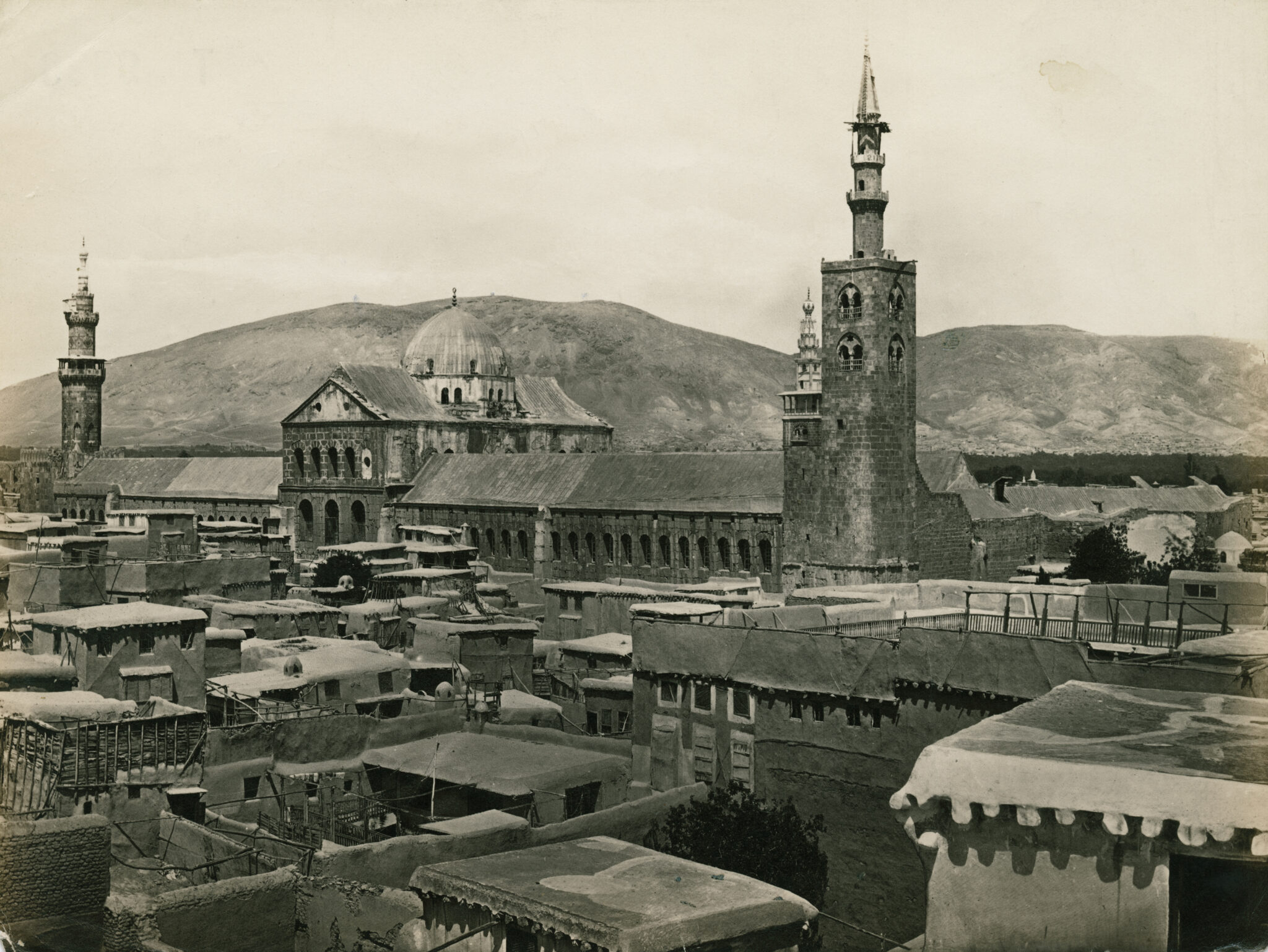<strong><em>The Damascus Events: The 1860 Massacre and the Making of the Modern Middle East</em></strong>
<strong>Eugene Rogan</strong>
<strong>Penguin: Allen Lane, £30, 400 pages</strong>
On July 9, 1860, Damascus erupted in anti-Christian violence. “The Damascus Events” raged for 19 days and pushed the ancient city, a jewel of the Ottoman empire, into what this work’s author describes as a place “without effective government…reduced to a Hobbesian state of nature”. Months later dogs were still dying in the streets from having eaten the meat of contaminated corpses trapped in the burnt-out ruins.
The violence left about 2,500 Christians dead and more than 12,000 injured, homeless or both. The word “genocide” had not yet been coined but the violence suggests intent to extinguish Christians as a group. While usually only men were killed, the rape of kidnapped women separated them from their communities by rendering them “unclean”; children conceived through rape became Muslim by legal default and many existing children were kidnapped from their families and forcibly circumcised.
Local Muslim elites emerge from this story badly. It is unlikely that, as some critics claimed, they instigated the violence – but their passivity was remarkable. That holds true both for Damascus’s Turkish governor, Ahmad Pasha, and the Majlis – his council of local “Notables”. The latter’s indifference to Christian suffering perhaps arose because their own position was threatened by the “uppity” new Christian mercantile class.
Christians were newly prosperous, having become the preferred intermediaries in the region for Western trade concerns. The surprisingly large number who held diplomatic status were exempted from local taxes and laws. Muslim clerics were also offended by the Ottoman’s recent extension of civic equality to their empire’s non-Muslim subjects. To them this seemed “an inversion of the natural order”.
Ahmad later pleaded that the transfer of most of the Damascus garrison to fight the Sultan’s Balkan war left him with insufficient disciplined Ottoman troops to contain matters. Deployment of the local irregular militia would, he claimed, have risked worse bloodshed because of their likely propensity to join the anti-Christian mob.
His argument had some justification. Yet Ahmad also failed to use effectively even the 1,200 regular troops he had available; the visible presence of regular soldiers early on would have been a powerful deterrent, even if insufficient to quieten the full storm once it erupted. Instead Ahmad did nothing – despite promising foreign consuls that he would act
Ahmad Pasha compares badly with the Damascus Events’ unlikely hero: Algerian emigré-warlord Amir ’Abd al-Qad, formerly leader of a long guerrilla war against his country’s rule from Paris. Exiled to Damascus by the French, he acted swiftly to protect both local Christians and foreign residents.
Despairing of official inaction, he took matters in hand. With just 1,100 Algerian warriors at his disposal – 100 fewer than the governor – he launched an audacious rescue mission. It was principally thanks to ’Abd al-Qad that the Damascus Events remained what Rogan terms “a genocidal moment” and not a full-blown genocide.
Collecting as many Christians as possible, he sheltered them first in his own home and later (with reluctant official agreement) in Damascus’s citadel, by then defended by the Algerians. Consequently, most Damascene Christians survived the bloodshed. However, with around 12,000 crowded into an uncovered space in high summer, deaths from exposure, hunger and disease inside the fortress were also numerous.
The eventual response from Istanbul was firm, but delayed because Damascus had no telegraph office. On July 28 Fuad Pasha, the Sultan’s special delegate, arrived with 4,000 men to restore order. Delivering summary justice he executed 167 men in 3 weeks. Their cases were heard before a secret, summary, tribunal – without a right of appeal. Ahmad Pasha was court-martialled and also sentenced to death. The Notables, who had watched as their neighbours were slaughtered and their houses burned, now bore the brunt of indemnifying the survivors for their material losses. Even so, most Christians were lucky to receive even half the value of destroyed homes and property.
Fuad Pasha stayed for 16 months to normalise conditions; his work was supervised by an international “advisory commission” delegated by the Great Powers. Each country championed a different minority: France the Catholics; Russia the Orthodox; Britain the Protestants and Jews.
Deployment of 6,000 French troops to “support” Fuad Pasha carried an implicit threat: if he failed, Ottoman control of Lebanon and Syria would be displaced by French rule. The intervention presaged the European Mandates established in 1919; today <a href="https://catholicherald.co.uk/jerusalems-latin-patriarch-tells-christians-to-heed-call-to-live-in-holy-land-despite-continual-conflict/?swcfpc=1"><mark style="background-color:rgba(0, 0, 0, 0)" class="has-inline-color has-vivid-cyan-blue-color">the future of the Middle East’s Christians once more hangs by a thread</mark></a>. It is vital to understand the historical context for violence against them, and Rogan’s book is an excellent starting point.
<em>The Revd Alexander Faludy is an Anglican clergyman and freelance journalist</em>
<strong><strong>This article appears in the June issue of the <em>Catholic Herald</em>. To subscribe to our award-winning, thought-provoking magazine and have independent and high-calibre counter-cultural Catholic journalism delivered to your door anywhere in the world click <a href="https://catholicherald.co.uk/subscribe/?swcfpc=1"><mark style="background-color:rgba(0, 0, 0, 0)" class="has-inline-color has-vivid-cyan-blue-color">HERE</mark></a></strong></strong>.



